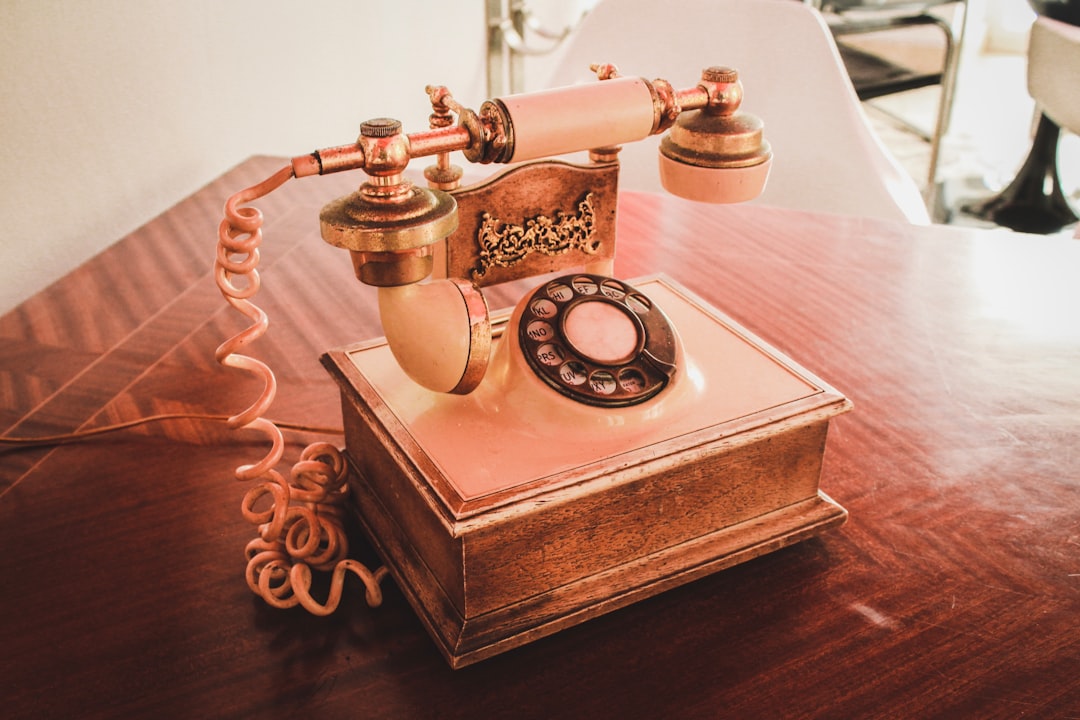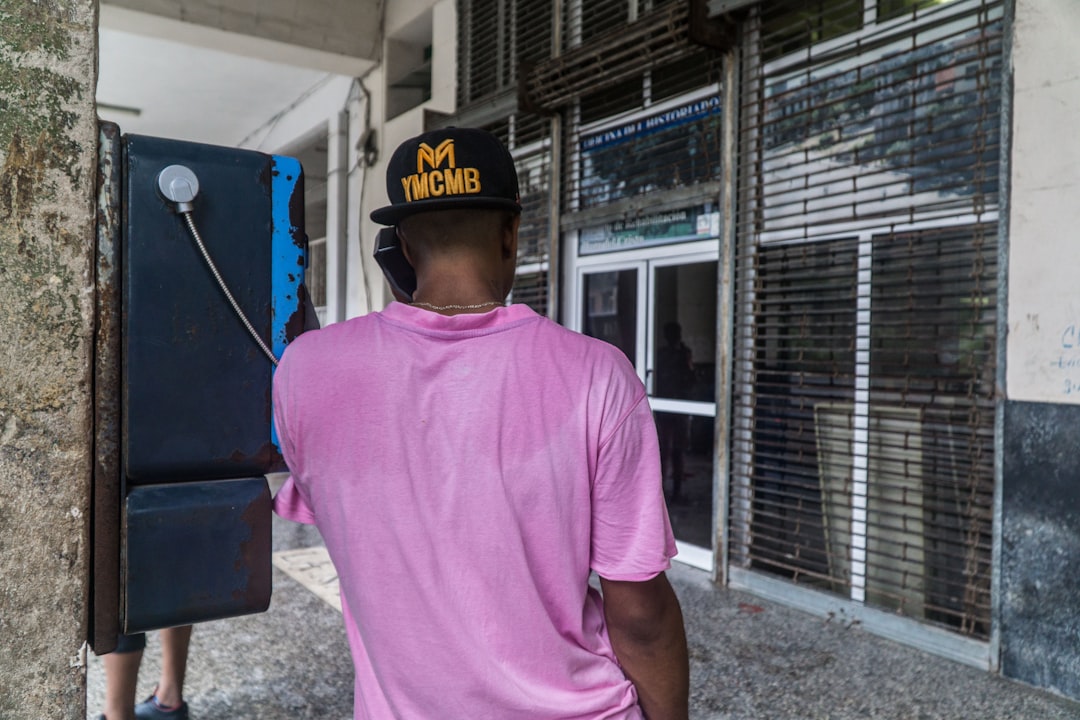Robocall scams targeting wine club members have become a growing concern in Michigan's Niles River Valley, with scammers posing as winery representatives to trick consumers into revealing personal and financial information. Spam call lawsuits are on the rise, with specialized lawyers helping victims and wineries combat these fraudulent calls. By understanding scam tactics and staying vigilant, potential members can protect themselves. Michigan spam call lawyers offer robust solutions, including do-not-call policies, lawsuits, and consumer education to stop deceptive practices and preserve the valley's reputation.
“In recent years, Michigan’s picturesque Nilss River Valley has emerged as a thriving wine region, with its wineries attracting enthusiasts from across the globe. However, this burgeoning industry faces an unexpected threat: spam robocall scams targeting wine club members. This article delves into the insidious practice of automated calls promoting fraudulent wine subscriptions, impacting local economies and consumer trust. We explore legal avenues for combat, provide protection strategies, and share inspiring tales of winemakers fighting back against these disturbing trends, highlighting the resilience of Michigan’s wine culture.”
Understanding Robocall Scams Targeting Wine Clubs

Robocall scams targeting wine club members have become a growing concern in recent years, especially with the rise of direct-to-consumer wine sales. These automated phone calls, often disguised as legitimate offers or alerts, are designed to trick consumers into providing personal and financial information. Scammers pose as representatives from popular wineries or wine clubs, claiming that the recipient has won a prize, inherited membership, or is eligible for exclusive discounts. They pressure recipients to act immediately, creating a sense of urgency to avoid missing out on what seems like an incredible opportunity.
In many cases, these calls are linked to spam call lawsuits in Michigan, where consumers have banded together to take legal action against the perpetrators. Spam call lawyers in Michigan specialize in holding these scammers accountable and helping victims recover any losses incurred due to fraudulent wine club membership offers. By understanding how these scams work and staying vigilant, potential wine club members can protect themselves from becoming victimized by robocall fraudsters.
The Impact on Michigan's Nilss River Valley Wineries

Michigan’s Nils River Valley, renowned for its picturesque landscapes and thriving wine industry, has recently faced a growing menace in the form of robocall scams targeting wine clubs. These automated calls, often disguised as legitimate offers, have been disrupting the peaceful ambiance of local wineries and their loyal customers alike. The impact is significant; not only do these spam calls annoy recipients, but they also create additional legal complexities for the industry, with many consumers misled into signing up for unwanted services or falling victim to fraudulent schemes.
Spam call lawyers in Michigan have observed a surge in complaints from wine enthusiasts who find themselves on the receiving end of incessant robocalls promoting various wine clubs and subscriptions. This has led to increased legal action against the culprits, as consumers seek protection and justice. The valley’s wineries are now not only competing with rival vineyards but also with sophisticated scam artists, necessitating a robust response from both industry players and legal experts to safeguard their business interests and customer relationships.
Legal Options for Combating Spam Calls

Many consumers, especially those in the wine industry, have fallen victim to robocall scams targeting wine clubs. In response, several legal options are available for combating spam calls in Michigan. One effective approach is to engage specialized spam call lawyers who can navigate the complex regulations surrounding unsolicited telephone marketing. These attorneys can help wineries and other businesses draft and implement robust do-not-call policies, ensuring compliance with state and federal laws such as the Telephone Consumer Protection Act (TCPA).
Additionally, legal professionals can assist in identifying and pursuing liable parties responsible for these fraudulent robocalls. By filing lawsuits or reporting violations to relevant authorities, spam call lawyers in Michigan play a crucial role in protecting consumers’ rights and putting an end to these disruptive and deceptive practices.
Strategies to Protect Against Robocall Fraud

To protect against wine club robocall scams, consumers in Michigan should be cautious and proactive. First, never provide personal or financial information over the phone unless you initiated the call and are certain of the caller’s identity. This includes credit card numbers, shipping addresses, and wine subscription details. Second, consider registering for a spam call blocking service or using call-blocking apps that can identify and discard suspicious calls. Many phones also have built-in features to block unknown numbers.
Additionally, staying informed about common scams is essential. Keep an eye out for automated messages promoting exclusive wine clubs with implausible offers. If you receive such a call, verify the winery’s legitimacy through their official website or contact them directly using a known, published number. Engaging Spam call lawyers Michigan can also be a strategic move for those who have fallen victim to such fraudulent schemes, helping them recover losses and prevent future occurrences.
Success Stories: How Winemakers are Fighting Back

In the face of relentless robocall scams targeting wine clubs, winemakers in the Niless River Valley are fighting back with innovative strategies and legal actions. Many have successfully defended their businesses against spam call lawyers in Michigan, a significant victory in this ongoing battle. These winemakers have implemented robust anti-spam measures, including advanced phone filtering systems and consumer education campaigns, to deter fraudulent activities.
Through collaboration and knowledge sharing, they’ve developed effective countermeasures that not only protect their customers but also set industry standards. Their success stories serve as a beacon of hope, demonstrating that despite the challenges posed by robocall scams, unity and proactive measures can make a substantial difference in safeguarding the wine industry from unwanted intrusions.






